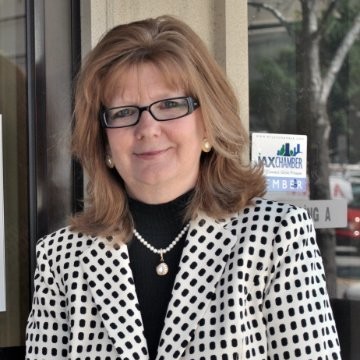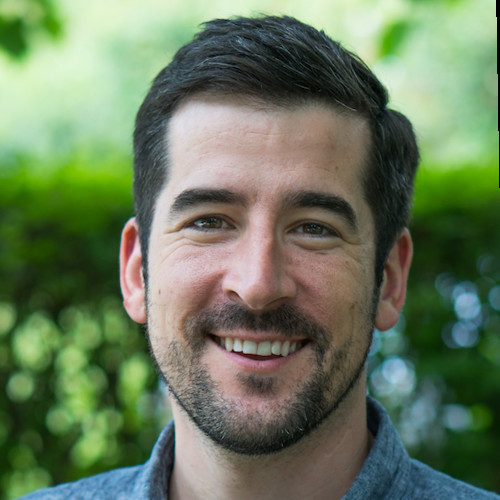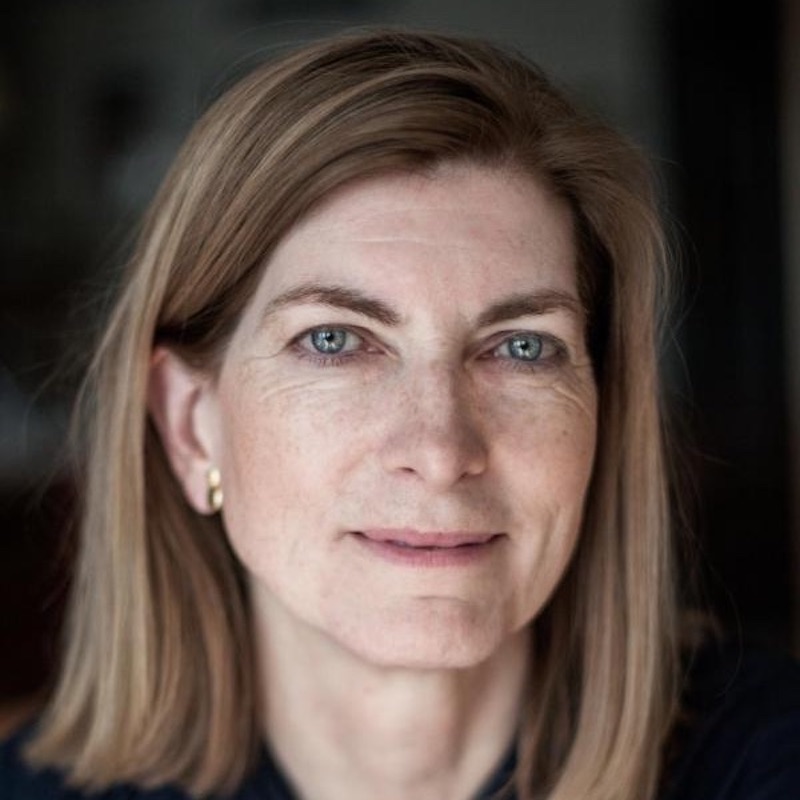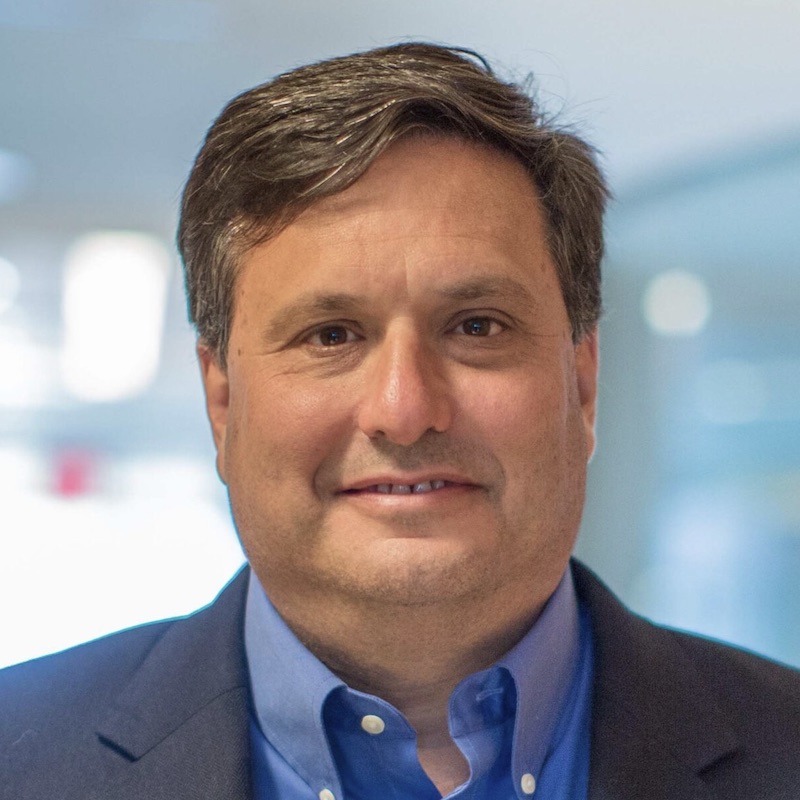S1E18: Without Shelter in a Storm / Rosanne Haggerty, Jake Maguire, Cindy Funkhouser
“It’s scary for everybody, but imagine yourself being someone that can’t socially isolate, that has no home, that doesn’t have a TV and doesn’t know what’s going on. And all of a sudden, everyone has disappeared.” -Cindy Funkhouser, CEO Sulzbacher Center
In today’s episode, co-hosts Dr. Celine Gounder and Ron Klain speak with three advocates working to end homelessness. Rosanne Haggerty is the founder of Community Solutions in New York, and Jack Maguire the co-director of the Built for Zero Initiative at Community Solutions. These organizations work with more than 80 cities using data to prevent homelessness, build and sustain homeless response systems, and deliver affordable housing. Dr. Gounder and Ron Klain also talk with Cindy Funkhouser, the CEO of the Sulzbacher Center in Jacksonville, Florida. The Sulzbacher Center works to address all aspects of homelessness through a continuum of care. They discuss what it means to be homeless in America during the time of COVID, and how to address the additional challenges people experiencing homelessness face during this time.
This podcast was created by Just Human Productions. We’re powered and distributed by Simplecast. We’re supported, in part, by listeners like you.
Celine Gounder: I’m Dr. Celine Gounder.
Ron Klain: And I’m Ron Klain.
Celine Gounder: And this is “Epidemic.” Today is Tuesday, May 12th.
Ron Klain: In today’s episode, we’re going to talk about what it means to be homeless in America in the time of COVID. Cities across the nation are struggling with how to provide people shelter from the storm and how to keep everyone safe.
Celine Gounder: In New York City, the subways are closing for four hours every night for disinfection. But for many homeless, the subways are a refuge. Now, police officers are sending them to shelters where more than 700 have tested positive for coronavirus in recent weeks, and if they refuse they end up on the streets.
Ron Klain: Meanwhile cities like Boston, Los Angeles, San Francisco, and Seattle have seen large clusters of COVID in crowded homeless shelters. Las Vegas had to close a shelter due to a coronavirus outbreak. They had homeless people sleep on the ground on the ground in a parking lot. At the same time, Las Vegas is a city with more than 147,000 hotel rooms, most of which were vacant.
Celine Gounder: In this episode, we’ll hear from three advocates who were already working before COVID to end homelessness. They’ll explain how their jobs have gotten a whole lot harder.
Ron Klain: For many of us the COVID pandemic has meant staying at home and social distancing. But how are people supposed to shelter-in-place when they don’t even have a roof over their heads? Rosanne Haggerty is the founder of Community Solutions in New York. She says coronavirus is laying bare some hard truths about homelessness in this country.
Rosanne Haggerty: One of the things that makes this moment so perilous for the homeless in particular is the degree of underlying health conditions and also the tragic reality that homelessness is very disproportionately a racial issue. 13% of our national population is African American. More than 30% and upwards to 40% of those experiencing homelessness are African American. And the same disproportion is found in Native Americans. So we are all seeing what that means as far as vulnerability to this virus.
Celine Gounder: Community Solutions works in more than 80 cities and counties across the country. Rosanne and her colleagues see firsthand that stereotypes about who’s homeless often clash with reality.
Rosanne Haggerty: One of the things that is often forgotten is that for most people, homelessness is a brief, personally resolved experience. It does not become a way of life. And even communities with very high rates of homelessness, it represents a relatively small fraction of the population. We’ve seen over and over again the need to kind of break this myth that it’s about individuals and their problems. It’s so plainly a public health issue of a system that’s failed.
Ron Klain: As the economic ripple effects of the pandemic widen local and federal governments are working to protect people from becoming homeless by halting evictions in some places. But in other places, evictions continue, and with homelessness already a public health disaster in some cities across the country the worry now is that COVID will only compound the difficult lives of those without homes.
Rosanne Haggerty: The risk of massive new homelessness happening across the country as eviction moratoria are lifted is also a moment to see landlords as potential allies and finding local solutions. We are just needing to find a kind of common cause with non-traditional partners, perhaps, around making sure that prevention of homelessness becomes a collective responsibility in communities. Whether that means working out payment plans and connecting the dots between different organizations and resources.
Ron Klain: The need for data on people who are experiencing homelessness is more important now than ever. In the U.S. though we measure homelessness only once a year with volunteers going out and counting the homeless on a single night in January. They walk the streets, block-by-block, and take a tally. This method often undercounts the number of people who are experiencing homelessness and certainly can’t tell us what’s going on in the country right now. But Community Solutions has an alternative approach.
Celine Gounder: Jake Maguire, co-director of the Built for Zero initiative at Community Solutions, is working with communities nationwide on a data-driven approach to ending homelessness. They’re creating a database on who’s homeless on any given day.
Jake Maguire: Homelessness changes every day, right? It’s dynamic. A number from eleven months ago doesn’t really tell you much about what’s happening in your community now. Even if you did have a good number, that number is completely anonymous. So it doesn’t actually tell you anything about who you’re dealing with or what those people might need to get out of homelessness. So you’ve got to have real time data, not data once a year. I think that’s never been clearer than it is right now, in the midst of this COVID pandemic.
Celine Gounder: Stay-at-home and shelter-in-place orders are impossible to follow if you don’t have a home. COVID has highlighted the cracks in our social supports for people experiencing homelessness. Where are people supposed to go if the shelters are crowded? If they don’t feel safe? If they’re afraid of getting coronavirus in the shelters?
Jake Maguire: There is a ton of vacant hotel and motel space in communities right now, and so are there ways to repurpose that space to stand up rapidly quarantine and isolation units for people experiencing homelessness, especially when social distancing means we have to spread people out in our shelters and can accommodate far fewer people in congregate settings like that. But that raises its own host of other challenges. I mean, okay, how do we secure those hotels? What about insurance? You know, this is sort of a change of use maybe for hotels. Are they going to be comfortable turning their hotels into sort of mini hospitals or sick facilities? Who’s going to staff all these units? You know, we’ve got trained street outreach workers. That doesn’t mean they’re prepared to do clinical work in units. What about PPE? Even hospitals can’t get enough personal protective equipment. So these are the challenges that communities are confronting right now as they try to figure out how to help keep people safe.
Ron Klain: Many states across the country are closing large shelters and evacuating the residents of those shelters prevent the spread of COVID. Meanwhile the White House is telling some shelters to resist local evacuation orders. As with the coronavirus response itself the approach to homelessness in the face of this epidemic has been all over the place.
Celine Gounder: But some cities are taking a public health approach to the housing problem. Understanding that without a home it’s hard for someone to take care of themselves and their health. And this is a public health problem with a pretty straightforward answer. The cure to homelessness? Is housing.
Cindy Funkhouser: So at the beginning, and I mean like the first week when we called a few hotels in downtown Jacksonville, they were like, thanks, but no thanks. But at this point, we now have hotels calling almost every single day. And so the hotels that we utilize are ones that we were already utilizing anyway because we put people in hotels all the time. So we went with our friends and the people that we know. Um, so they’ve been really good about it. We deal with some extended stay hotels so that people would have a kitchen. So the, that industry, I would say by and large, has been extremely receptive and supportive of us, and very happy to have the business.
Ron Klain: That’s Cindy Funkhouser she’s the CEO of the Sulzbacher Center in Jacksonville, Florida. She’s been working to get permanent housing for people who are experiencing homelessness. The Sulzbacher Center provides a wide range of services including: healthcare, mental health and substance abuse treatment, GED classes, and daycare for their clients. They’re trying to give people the help they need to get back on their feet. But these days, Cindy and her colleagues are focused on the most basic of needs, trying to give people a safe haven in the middle of a pandemic.
Cindy Funkhouser: It’s scary for everybody, but imagine yourself being someone that can’t socially isolate, that has no home, um, that doesn’t have a TV and doesn’t know what’s going on. And all of a sudden, everyone has disappeared from the downtown city of Jacksonville. There’s not a lot of residents in our downtown except for homeless people. So when everybody disappeared and it’s like a ghost town I can only imagine, uh, the anxiety level of those folks.
Celine Gounder: Like many healthcare providers the Sulzbacher Center has struggled to provide coronavirus testing to its patients. But the stakes are even higher when you’re working with people who are homeless.
Cindy Funkhouser: In a shelter environment, because it’s communal living. If it starts going through a shelter, we’re in very big trouble because it would be almost impossible to stop. So that’s my fear and our fear as homeless providers in Jacksonville.
Ron Klain: This is what keeps Cindy up at night.
Cindy Funkhouser: There’s a big shelter in Boston that tested about two weeks ago, the entire shelter of about little over 500 people, 147 of them tested positive and not a single one had symptoms.
Celine Gounder: Cindy’s talking about the Pine Street Inn in Boston. Back when I was in residency, many of my patients came from or went back to the Pine Street Inn. So this really hit home for me.
Cindy Funkhouser: Every single person was asymptomatic. And that’s our fear is that we have asymptomatic people living in our shelters. And so that’s why we were very concerned that we were not able to get testing. And now we’re very happy that we’re going to be testing. I’ve been beating my head against the wall for six weeks begging anyone and everyone to give us tests. We have people living in all of our shelters and communal spaces. If COVID started spreading through a shelter it would go like gangbusters, just like I mean even worse than the nursing homes when you think about it, because at least people there are in, you know, private rooms. We have people sleeping, you know, right next to each other in bunk beds, you know, that’s how communal shelters that’s how they’re laid out.
Ron Klain: The Sulzbacher Center recently began testing the homeless population in Jacksonville for COVID. So far they have not found positive cases. But they’re collaborating with other organizations and the hotel industry to put a plan in place in case there’s an outbreak.
Cindy Funkhouser: It’s really the closest that the homeless providers have ever worked together. We’ve always had good collaboration, but it’s really we’re in lockstep now. And it isn’t just the homeless providers either. It’s the Jacksonville sheriff’s office, it’s the hospitals, it’s a cross sector. It’s our Jacksonville Transportation Authority. So, we have a real good cross sector of people working on that task force.
Ron Klain: Unfortunately, not every public official in every city feels the same way about COVID testing. Here’s Jake Maguire.
Jake Maguire: I’m not gonna name names if it’s okay, but we have had several conversations with communities. Trying to make testing and partnerships with national testing companies available to them. And you can separate communities into two camps. One is where local elected officials say, yes, the more testing the better. How soon can we get started? You know, in places like Detroit and Seattle, you know, when they’ve mass tested shelters or Boston. They found in some cases, 30, 40, 50% of folks infected oftentimes with no symptoms. So we see people that say, we want to test everybody. We want as much testing as possible. But then you see another kind of community, and I’ve spent hours on the phone with communities right now that are basically saying, “Hey, I’d rather not know, because once I know I have to do something about it and I’m not sure what I would do. And so actually thank you for this opportunity, but I don’t want this information because this is going to give me a problem that right now I can at least pretend I don’t have.” They won’t say it in those terms. But if you listen between the lines, that’s what you’ll hear. And uh, you know, for me it is just crazy. I think everything we know from public health officials, people like yourself who have battled these kinds of outbreaks on the ground in the past, is that the more intelligence you can have, the better and more reliably you can save lives. And the fact that in the middle of this pandemic, there are still people at all levels of government saying we don’t need to be doing more testing. We don’t need to know if our vulnerable populations are in the grips of this disease or not is unconscionable to me and a problem that frankly, I think we’ve only begun to see the ramifications of in this space.
Celine Gounder: Without testing, we’re flying in the dark. In the absence of a cure or vaccine, our most important weapon against the virus is to test those at risk and block spread to others. But that’s hard to do when you don’t know who someone is, when you don’t know where they are, when you want to stay in the dark.
Jake Maguire: Anonymity is the most lethal thing about homelessness. It’s the fact that we lose track of people. We forget they’re out there. We don’t know who they are. If you’ve got your arms around somebody in this kind of situation, don’t let them go until you can be sure that they’re in permanent housing, and I think that is the rallying cry right now.
Celine Gounder: “Epidemic” is brought to you by Just Human Productions. We’re funded in part by the Conrad N. Hilton Foundation and listeners like you. We’re powered and distributed by Simplecast.
Celine Gounder: “Today’s episode was produced by Jordan Gass-Poore’ and me. Our music is by the Blue Dot Sessions. Our interns are Sonya Bharadwa, Annabel Chen, Isabel Ricke, and Claire Halverson.
Celine Gounder: “If you enjoy the show, please tell a friend about it today. And if you haven’t already done so, leave us a review on Apple Podcasts. It helps more people find out about the show!
Celine Gounder: “You can learn more about this podcast, how to engage with us on social media, and how to support the podcast at epidemic.fm. That’s epidemic.fm. Just Human Productions is a 501(c)(3) non-profit organization, so your donations to support our podcasts are tax-deductible. Go to epidemic.fm to make a donation. We release “Epidemic” twice a week on Tuesdays and Fridays. But producing a podcast costs money, we’ve got to pay our staff! So please make a donation to help us keep this going.
Celine Gounder: “And check out our sister podcast “American Diagnosis.” You can find it wherever you listen to podcasts or at americandiagnosis.fm. On “American Diagnosis,” we cover some of the biggest public health challenges affecting the nation today. In Season 1, we covered youth and mental health; in season 2, the opioid overdose crisis; and in season 3, gun violence in America.
Celine Gounder: I’m Dr. Celine Gounder.
Ron Klain: And I’m Ron Klain.
Celine Gounder: Thanks for listening to “Epidemic.”




